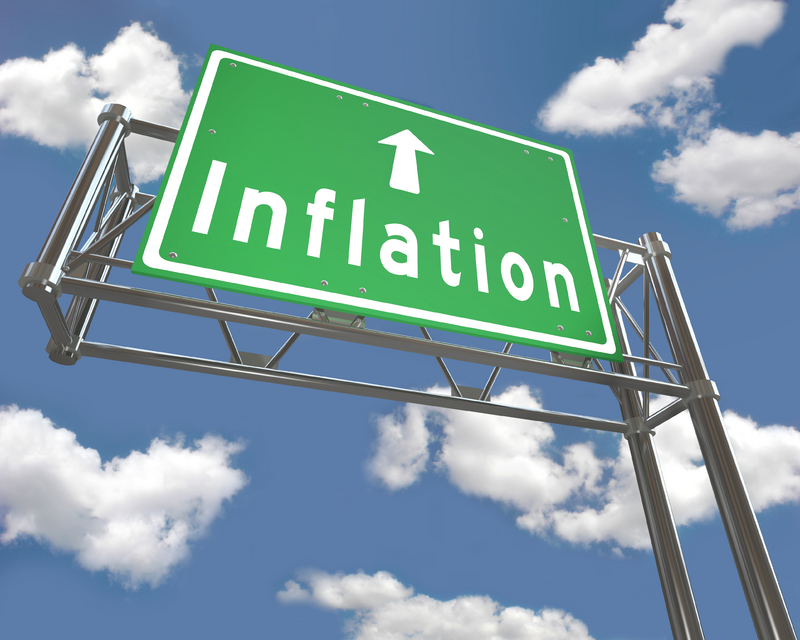
Real household disposable income was 0.6% lower in Q1 than it was in Q4 2019.
Looking further back, non-pensioner incomes have grown £1,900, or 7%, since 2009-10.
This level of income growth, which is equivalent to an average annual real-terms change of 0.5% or £140 per year, is “unusually low by historical standards”, according to the foundation.
The UK’s income growth is also weak when compared to other countries. According to the report, if the UK had experienced the same level of growth in median incomes between 2007 and 2022 as the Netherlands, France and Germany, the UK’s income in 2022-23 would be £2,700 higher than the actual growth seen.
Resolution Foundation said there was still more data to be released before it could conclusively assess progress up to the 2024 election. However, it looked likely between 2019 and 2019 that the country has experienced its worst income growth since the 1950s.

Wellness and wellbeing holidays: Travel insurance is essential for your peace of mind
Out of the pandemic lockdowns, there’s a greater emphasis on wellbeing and wellness, with
Sponsored by Post Office
It is changes in the labour market since 2010, says Resolution Foundation, that have really driven the income growth for low-income households.
Gains in employment have been concentrated among lower earners. Pay inequality has fallen and, thanks to the introduction of the National Living Wage, so have incidences of low pay.
Increase in child poverty
Over the last 14 years, absolute poverty for all age groups has fallen, but at a slow pace by historical standards. The picture concerning relative poverty is more mixed: working-age relative poverty has fallen since 2009-10, but this has been partially offset by slightly higher relative poverty rates for children and pensioners.
This increase in child poverty has been driven by the rapidly rising number of children in large families living in poverty. Since 2009-10, the number of children in poverty in families with three or more children has risen by 840,000.
“Whichever party forms the next Government must be willing to take steps to boost living standards, so all families in the UK can experience shared growth,” said Resolution Foundation.




